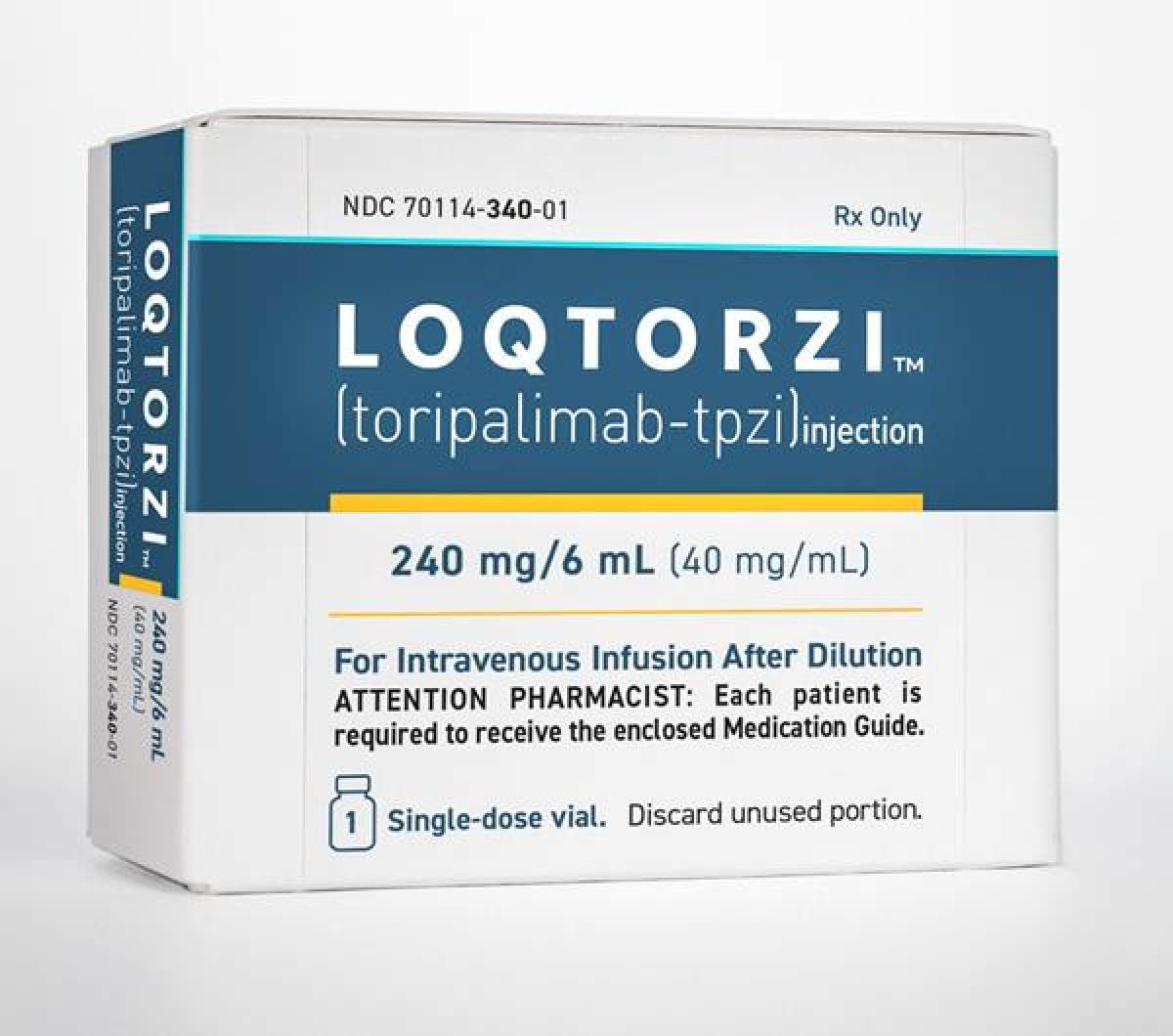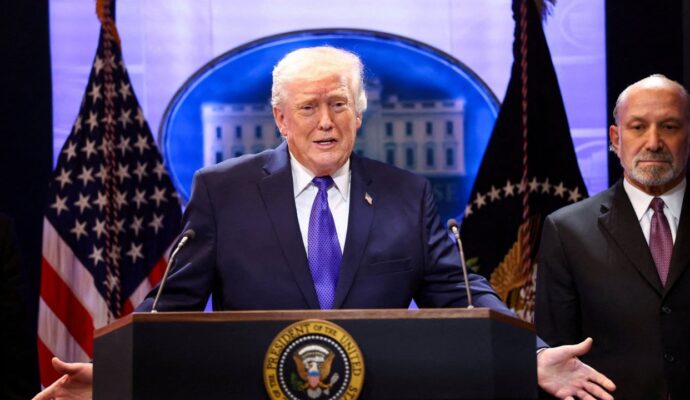What many did not foresee, though, was that it would be the US looking to China as it experienced difficulty producing its own drugs.
What a US-China biotech war would mean for Hong Kong and the world
What a US-China biotech war would mean for Hong Kong and the world
Toripalimab, which will be marketed as Loqtorzi in the US, is an antibody drug for PD-1 – a checkpoint inhibitor on immune T-cells.
Junshi partnered with California-based Coherus BioSciences to bring the drug to the US, and it is expected to become available within the first quarter of next year.
“Toripalimab is the first innovative biopharmaceutical independently developed and produced in China approved by the FDA,” Junshi Biosciences stated in a press release on October 29.
“We hope this promising therapy will close a treatment gap for international nasopharyngeal patients struggling to find effective therapies,” Xu Ruihua, a professor and doctor of oncology at the Sun Yat-sen University Cancer Centre and clinical trial lead for the drug, said in the press release.
Last year, a growing list of US sanctions on Chinese tech companies showed signs of crossing into biotechnology.

In February, biotech company Wuxi Biologics was added to the unverified list – which forced the company to comply with a huge amount of documentation in order to export from the US.
Wuxi Biologics, which partnered with AstraZeneca to help produce the Covid-19 vaccine, acknowledged that the designation was due to a Covid-induced delay in verification procedures. The company was removed from the list at the end of last year.
While the US has maintained dominance in the sector, according to research consultancy firm McKinsey, in growing industries like biopharmaceuticals – which involves the creation of medicines using biotechnology methods – China is close behind in second place.

Manufacturing site closures cut the supply of three major drugs – including chemotherapy drug cisplatin – almost in half, Washington said.
To replace the lost supply, the FDA turned to manufacturers outside the US, including Chinese company Qilu Pharmaceutical, to import their cisplatin drug to help solve the “critical shortage”, according to the company.
A survey conducted by the US National Comprehensive Cancer Network in September found that more than half the cancer centres surveyed were still facing shortages of cisplatin.
The FDA originally rejected the approval of toripalimab for distribution in the US last year due to a delay in a required clinical site inspection, according to a Junshi press release last year.
Last week’s approval will allow the drug to be used in combination with chemotherapy drugs cisplatin and gemcitabine for initial treatment of nasopharyngeal cancer.
It is also approved to be used alone for individuals with non-surgically removable tumours that failed to respond to previous chemotherapy treatments.
Due to the location of nasopharyngeal cancer, according to Coherus, surgery is rarely possible to remove tumours, so treating it relies on chemotherapy and radiation.
For those treated with chemotherapy alone, only 20 per cent of patients will have a year of progression-free survival.
Chinese nanoplatform ‘aircraft carrier’ delivers drugs to cancer patients
Chinese nanoplatform ‘aircraft carrier’ delivers drugs to cancer patients
In the clinical trial conducted for initial treatment, those who received toripalimab in combination with other chemotherapy drugs saw their risk of progression or death reduced by 48 per cent, compared to those who received chemotherapy alone.
In terms of overall survival, patients treated with the drug saw a 37 per cent reduction in their risk of death.
Nasopharyngeal carcinoma is rare in the US, with the cancer seen far more in southern China, Southeast Asia, and northern Africa, according to Coherus.
However, toripalimab may soon be approved to treat other forms of cancer as well.
The drug first received approval from the Chinese National Medical Products Administration in 2018 to treat melanoma, and has since been approved for bladder, oesophageal and non-small cell lung cancer.
According to Junshi, there are also clinical studies under way to test its effectiveness for gastric, liver, breast and kidney cancer.
“We are particularly excited to now turn our attention to developing Loqtorzi across multiple tumour types … potentially greatly expanding the number of cancer patients achieving improved survival benefit,” Dennis Lanfear, chief executive of Coherus, said in a press release on the day of the approval.
Li Ning, chief executive of Junshi Biosciences, said plans were being put in place to distribute toripalimab globally, with hopes to introduce the drug to more than 50 countries.


